|
|
W. Bruce Cameron
Emory's GiftFICTION - GENERAL ST MARTINS PR UPC: 9780765331519 Release Date: 4/8/2014
Format:
Book - Hardcover
Book - Mass Market Paperback
Book - Paperback
|



